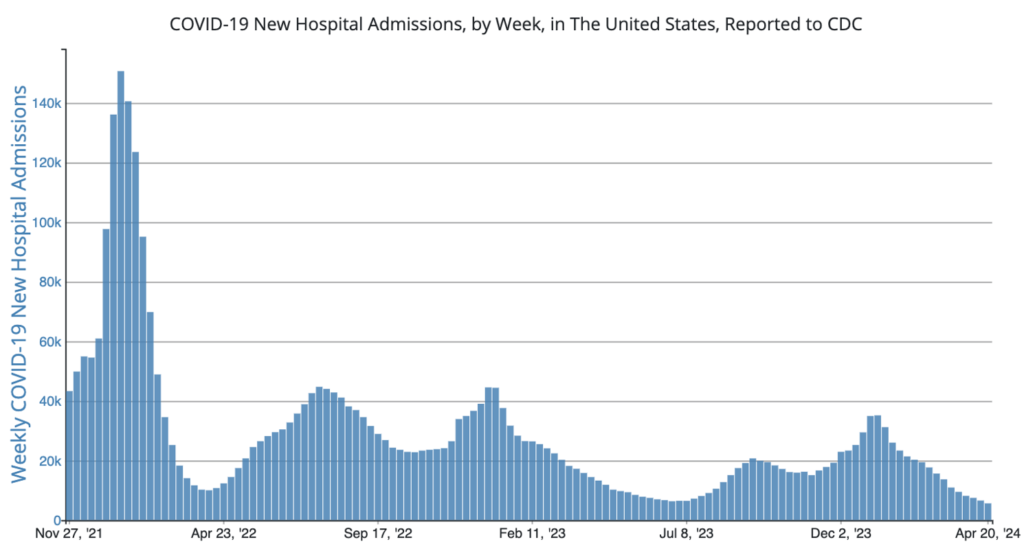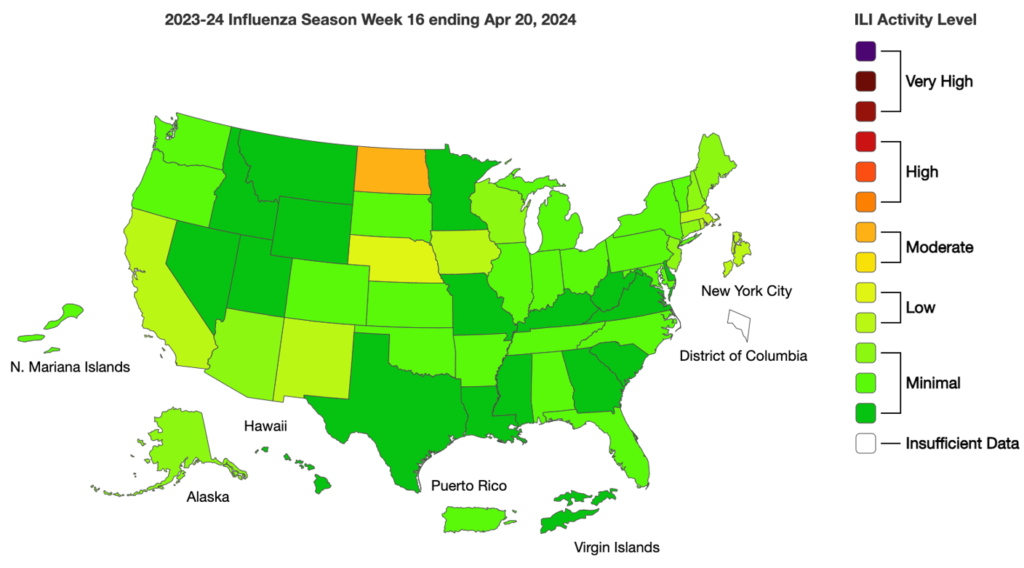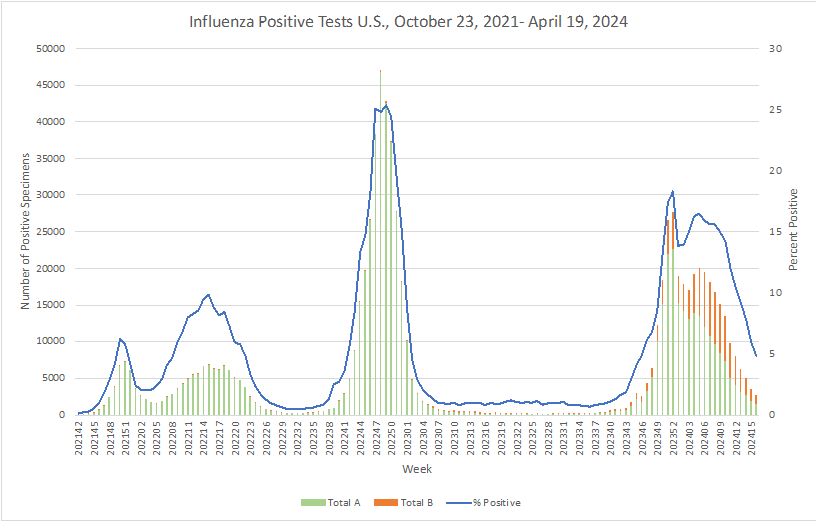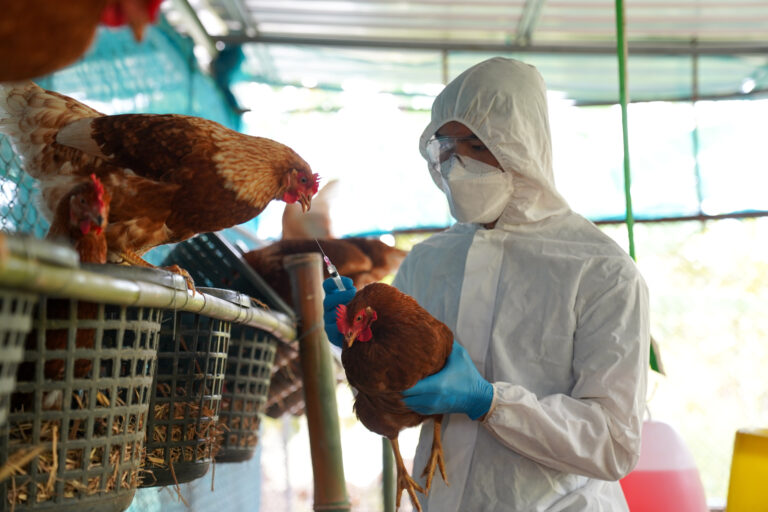If all the media coverage about Highly Pathogenic Avian Influenza (HPAI) has you concerned, you’re not alone – but you do need to ensure you are getting the facts, as there is a great deal of misinformation and disinformation being spread that is causing undue concern.
TAG has been closely following the currently circulating HPAI virus (H5N1) since it was first detected, and we’ve been regularly updating an HPAI FAQ fact sheet on our website. A few of the most important facts and updates include:
The Situation. The currently circulating HPAI virus H5N1 has been found in wild birds and in commercial and backyard poultry flocks since January 2022. Sporadically, mammals can become infected, with confirmed positive dairy herds found in nine states (Idaho, South Dakota, Michigan, Ohio, Colorado, Kansas, New Mexico, North Carolina and Texas) as of April 25, 2024. In response, USDA’s Animal and Plant Health Inspection Service (APHIS) is requiring increased measures to limit the spread of the disease, including mandatory testing of all dairy cattle prior to their interstate movement, and reporting of any detection of Influenza A in livestock.
Transmission. There has been only one reported transmission to a person; a worker who had been in direct contact with the cattle who were presumed to be infected, but had only mild symptoms and recovered. The cattle themselves recover within a couple weeks with proper veterinary care.
Dairy/beef consumption. It is safe to continue to eat beef and drink pasteurized milk. Pasteurization has continuously been proven to inactivate bacteria and viruses in milk and dairy products, so at this time there is no concern about the safety of the commercial milk supply, or any risk to consumer health.
Raw milk. The H5N1 virus has, however, been detected in raw milk from infected cows, and it is unknown if it can be transferred through consumption. With FDA’s longstanding position that unpasteurized, raw milk can harbor dangerous microorganisms that can pose serious health risks to consumers, the agency has reiterated the risks associated with raw milk consumption in light of the H5N1 detections. (APHIS)
Regulatory Update. In an April 26, 2024, webinar, FDA’s Dr. Donald Prater stated that milk pasteurization validation studies are underway with various dairy products being evaluated. Because the duration of persistence of HPAI in milk is being studied but is not yet known, FDA’s current recommendation is that any discarded milk that might be used as animal feed should be heat treated in line with required pasteurization parameters. FDA has reaffirmed the safety of the milk supply, reporting that results of tests on retail milk samples show that pasteurization is effective in inactivating HPAI. The tests showed no live, infectious virus in the milk nor any viral fragments in samples of powdered infant formula and other powdered milk products marketed as toddler formula.
The most recent TAG FAQ update, posted on April 30, 2024, includes additional facts and the citation of studies on the effectiveness of pasteurization against HPAI and other viruses.
View the full updated FAQ at Highly Pathogenic Avian Influenza FAQs, or give TAG a call with questions.
COVID Risk Matrix:

Influenza:


- Measles:
- England is facing a measles emergency as cases top 900 so far in 2024; in 2023, there were less than 400 cases.
-
- More than 200 cases of measles were reported in Nigeria’s northeastern state of Adamawa. 19 children died.
- About 125 measles cases have been reported to date in 2024 in the US, with the majority in Illinois.
- Mumps cases have been rising in several states in India. Vaccination is encouraged.
- A norovirus outbreak at a spring festival in Stuttgart, Germany has affected more than 800 people. In other norovirus news, the virus is spreading at a higher frequency than expected in Canada. The number of cases reported has been higher than expected in 2024 compared to the previous five-year historical average.
- The US Department of Agriculture (USDA) said yesterday that it will test ground beef samples from retail stores in states that have reported H5N1 avian flu outbreaks in dairy herds.
- WHO COVID vaccine advisers have recommended the next COVID vaccine formulation should use a monovalent JN.1 lineage. The current vaccine contains the XBB lineage, which is no longer the most commonly found lineage.





